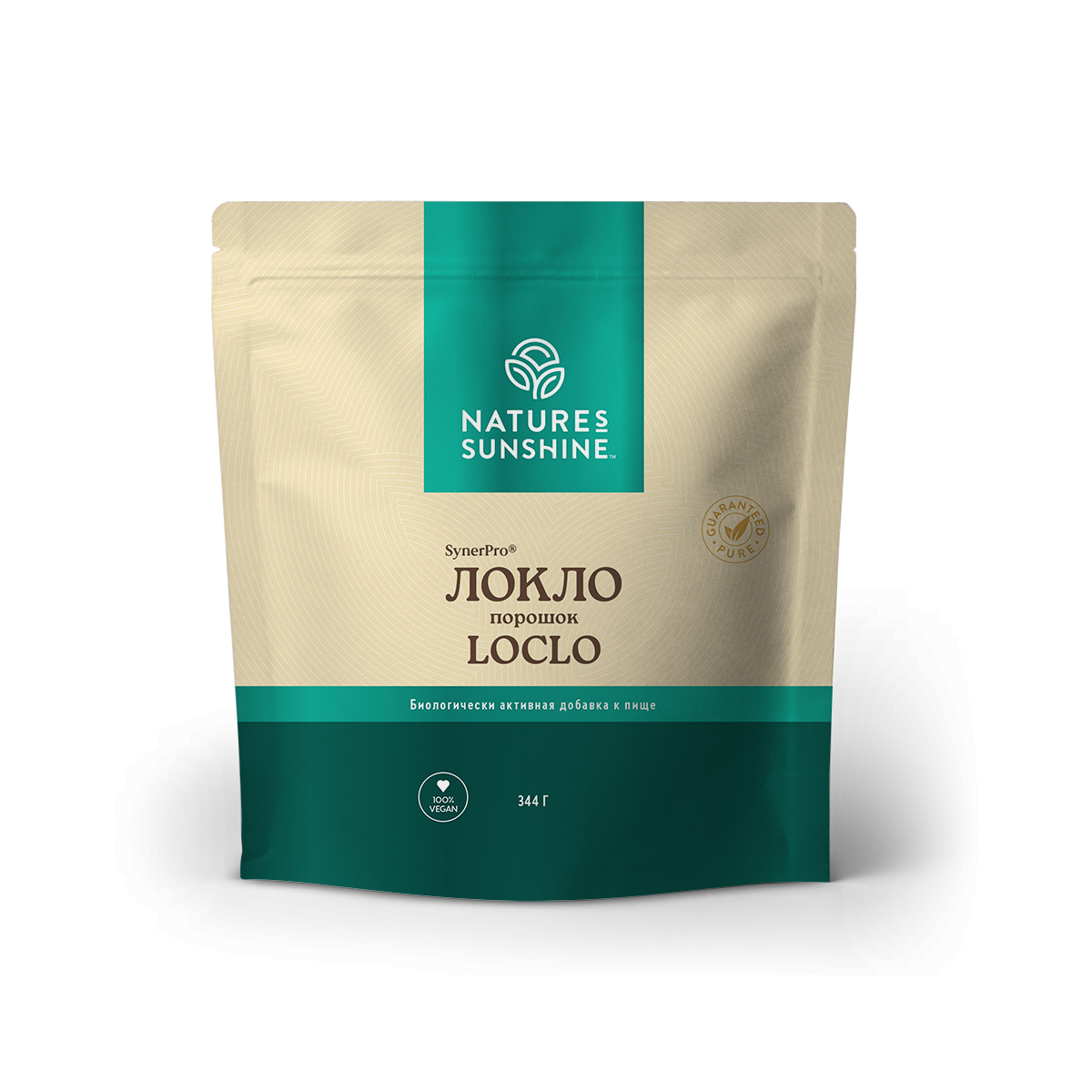No products in the cart.
Dietary supplements
Loclo
Loclo
PV: 17.51- Contains fibrous components
- Dietary Supplement
P. fiyatı / Price / Цена: ₺1.640,0
Partner fiyatı / Partner Price / Партнерская цена: ₺1.065,0
























